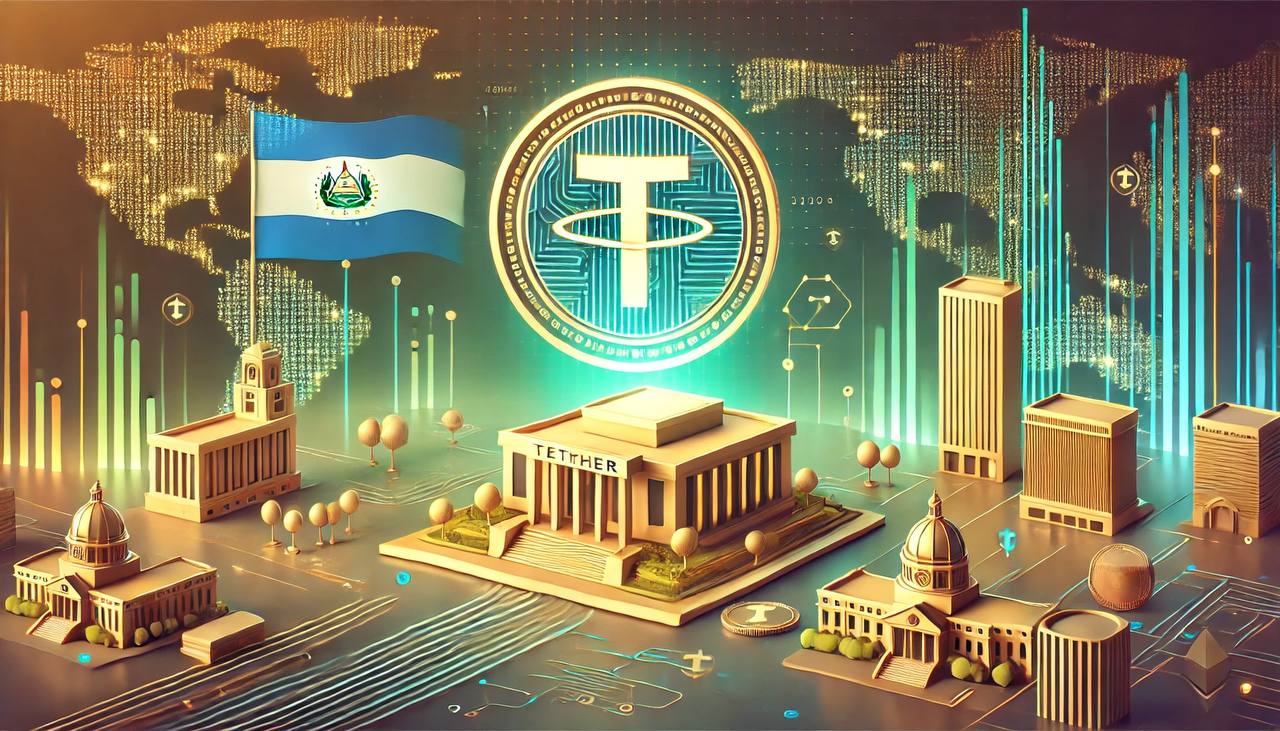Tether, one of the largest stablecoin issuers in the world, has made a strategic decision to relocate its headquarters to El Salvador and obtain a license to operate in the cryptocurrency space within the country. This move has become a significant event for the entire cryptocurrency industry and demonstrates Tether’s effort to adapt to new global trends in digital asset regulation. But what does this mean for the future of the company and the cryptocurrency market as a whole?
El Salvador has long been a global leader in integrating cryptocurrencies into everyday life. In 2021, El Salvador became the first country in the world to make Bitcoin an official legal tender. This decision generated massive interest from international investors and crypto companies, who began to see the country as a promising market for expanding their operations.
For Tether, El Salvador represents a country with a progressive stance on cryptocurrency and blockchain technology regulation. The government is actively developing legislation that stimulates the growth of the cryptocurrency market by providing legal clarity and support for companies operating in this space. Obtaining a license in El Salvador not only gives Tether the ability to operate legally and securely in the country, but also opens up new opportunities for business expansion.
El Salvador provides Tether with access to a more stable legal environment, which is crucial for ensuring the safety of users’ funds and transactions. The license also allows the company to expand its operations in Latin America and attract new customers, particularly in countries where cryptocurrencies and stablecoins are gaining popularity as alternatives to traditional currencies.
Additionally, cooperation with the government of El Salvador may open new horizons for blockchain-based services. For example, Tether could participate in national projects related to central bank digital currencies (CBDCs) or expand the use of stablecoins for international transfers and payments for goods and services.
The relocation of Tether’s headquarters to El Salvador may also have a significant impact on the cryptocurrency market. One key aspect of this move is the increased legitimacy of cryptocurrencies. Recognition by the El Salvador government of stablecoins and cryptocurrencies like USDT as an important part of the country’s financial system will foster greater trust in digital assets.
Furthermore, Tether’s presence in El Salvador could serve as an important catalyst for other crypto companies and investors, who may see this as a sign that El Salvador is open to innovative technologies and cryptocurrency solutions. This could lead to an influx of new businesses and investments into the country, helping to develop not only the cryptocurrency industry but the economy as a whole.
It is important to note that the stability and security of USDT as a stablecoin also play a key role in the global cryptocurrency market. As regulation and adoption of cryptocurrencies by governments increase, moves by companies like Tether may act as a catalyst for further legalization and integration of digital assets into traditional financial systems.




